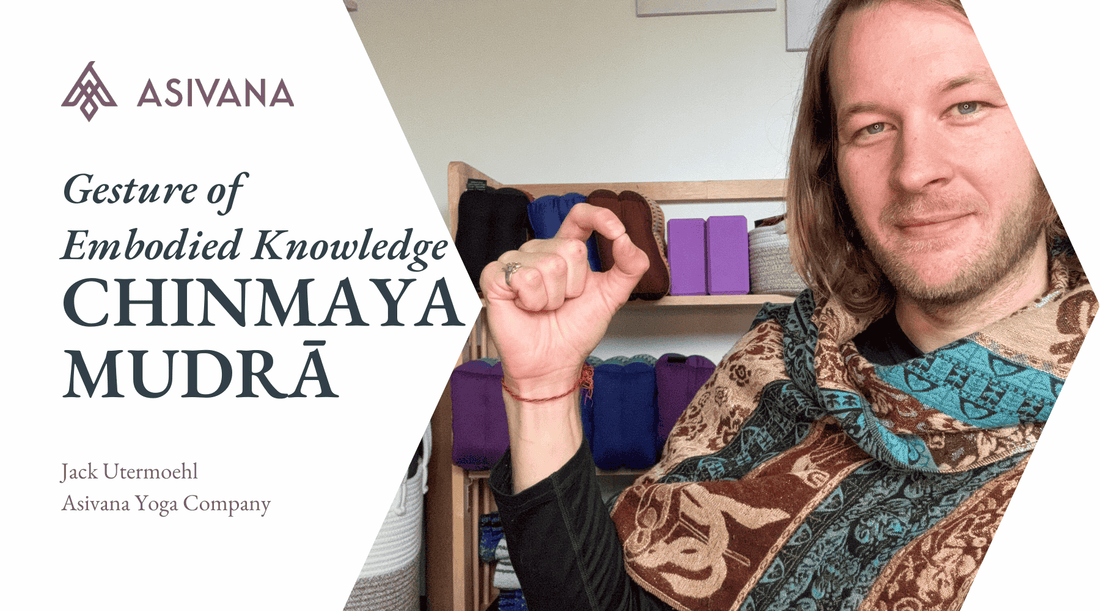
Chinmaya Mudra - Gesture of Embodied Knowledge
Jack UtermoehlShare
Chinmaya Mudra (Gesture of Embodied Knowledge)
Sanskrit Name: Chinmaya Mudrā - चिन्मय मुद्रा
English Translation: Gesture of Embodied Knowledge
Phonetic Spelling: Chin-MAH-yah Moo-Drah
Chinmaya mudra, or the gesture of embodied knowledge, represents the integration of knowledge into the physical body, symbolizing the transformation of wisdom into lived experience. The word chinmaya (embodied knowledge) refers to the state of consciousness where the practitioner understands and embodies higher truths.
This mudra is believed to help focus energy within the body, enhance breathing, and support a deeper connection between mind and body. It is often used during pranayama and meditation practices to cultivate calm, centeredness, and mental clarity.

Instructions to Perform Chinmaya Mudra
Find a comfortable seated position where your spine is upright, and your body is at ease. Take a few deep breaths to center yourself.
Hand Position: Curl the index finger and thumb to touch, forming a circle. Curl the remaining three fingers into the palms. Rest your hands on your knees with the palms facing downward.
Posture: Sit in sukhasana (easy pose) or vajrasana (thunderbolt pose) to ground the body. If seated in a chair, ensure your feet are flat on the ground.
Breathing Technique: Inhale deeply through the nose, allowing your breath to expand in the belly. Exhale slowly through the nose, feeling the breath flow naturally as you maintain focus on the present moment.
Duration: Practice chinmaya mudra for 5-10 minutes, either during meditation, focusing on the embodiment of knowledge and calmness.
Benefits of Chinmaya Mudra
Chinmaya mudra helps direct energy inward, encouraging focus and mental clarity. It is beneficial for grounding and enhancing breathing techniques during meditation.
Physical Benefits: Improves lung capacity by promoting diaphragmatic breathing and enhances the flow of energy throughout the body.
Mental Benefits: Sharpens focus and mental clarity by connecting the mind to the body’s energy.
Emotional Benefits: Cultivates a sense of calm and stability, helping to reduce stress and anxiety.
Spiritual Benefits: Encourages a deeper connection to the embodiment of knowledge, helping practitioners internalize higher truths.
Capture your insights and deepen your connection with our Yoga Journal.Elevate Your Mudra Practice
Symbolism and Meaning of Chinmaya Mudra
Chinmaya (embodied knowledge) represents the integration of wisdom into physical experience. By curling the three fingers into the palm, chinmaya mudra symbolizes the containment of knowledge within the body.
The thumb and index finger touch to represent the union of individual consciousness with universal consciousness, much like in chin mudra.
This mudra enhances the flow of prana (life force energy) within the body and allows the practitioner to channel mental clarity and wisdom into action.
When to Practice Chinmaya Mudra
Chinmaya mudra can be practiced during meditation or any time you seek mental clarity and focus. It is especially useful when grounding the mind and body before or after yoga practice.
Use this mudra when you need to embody knowledge and focus on integrating new insights or experiences.
A duration of 5-10 minutes is recommended.
Contraindications for Chinmaya Mudra
Chinmaya mudra is generally safe for all practitioners and has no significant contraindications.
Additional Insights on Chinmaya Mudra
Affirmations: "I embody wisdom and clarity in all aspects of my being." / "I integrate knowledge with calm and centered awareness."
Visualization: While holding chinmaya mudra, visualize knowledge flowing from the crown of your head down into your body, filling you with understanding and awareness. Let this energy ground you.
Associated Chakras: Chinmaya mudra primarily activates the Ajna (third eye) chakra, enhancing intuition and insight, and the Muladhara (root chakra) for grounding and stability.
Paired Asanas: Works well with seated postures like sukhasana (easy pose).
Related Pranayama: Pair with deep belly breathing or alternate nostril breathing (nadi shodhana) to enhance calmness and focus.
Meditation Techniques: Use chinmaya mudra during mindfulness meditation or a focused awareness meditation to integrate knowledge.
Variations and Modifications
Alternative Hand Positions: None
Adaptations for Beginners: Beginners can start by practicing chinmaya mudra for shorter periods, such as 2 minutes, and gradually increase the time as they become more comfortable with the practice.
—— 🕉 ——

Personal Insights
Chinmaya mudra is a powerful mudra for grounding. When needing prana to flow into Muladhara (root chakra), this mudra has that power.
Not only can chinmaya mudra help you ground, it’s subtle enough to practice wherever and whenever you are. In a stressful meeting, holidays with the family, or in a crowded public space. When you are experiencing anxiety, chinmaya mudra is accessible and effective.
I’ve used this mudra in normal daily activities to ground myself and settle arising anxiety.
Let me know your experience in the comments below. Have you had similar experiences?



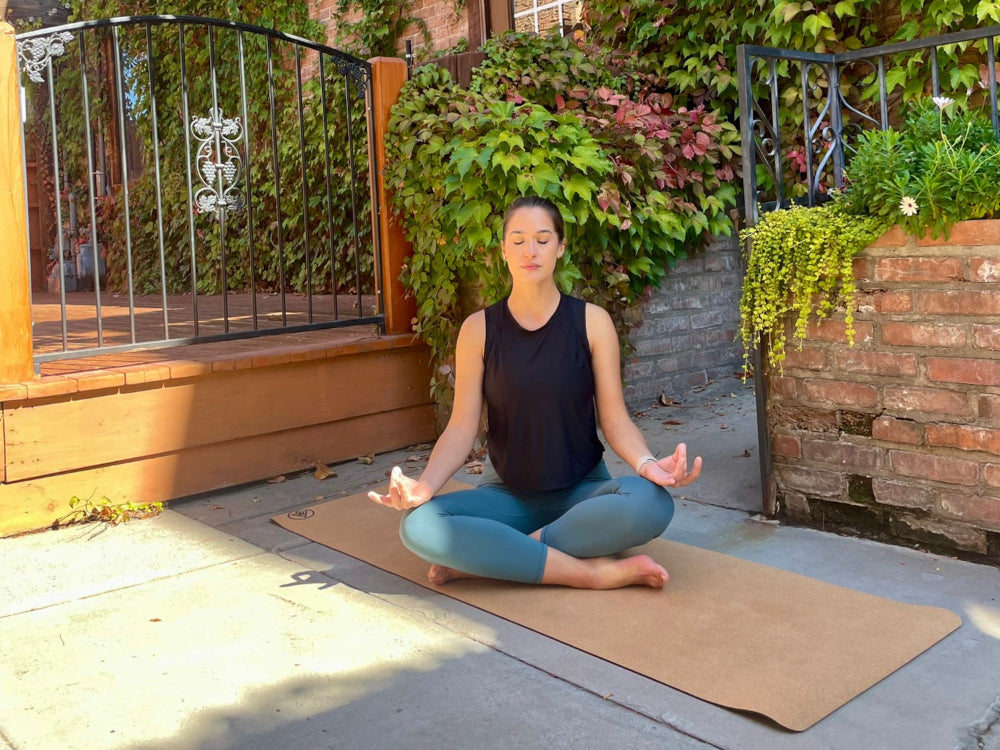


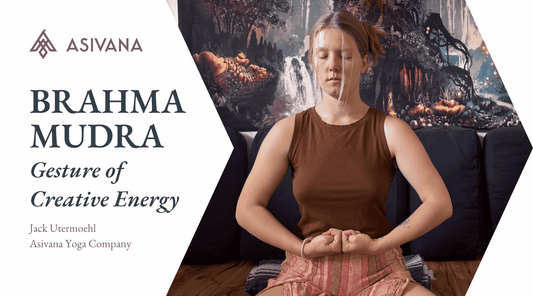
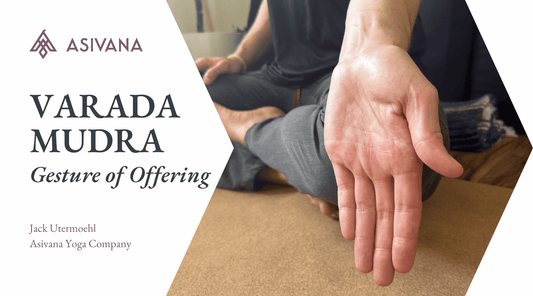
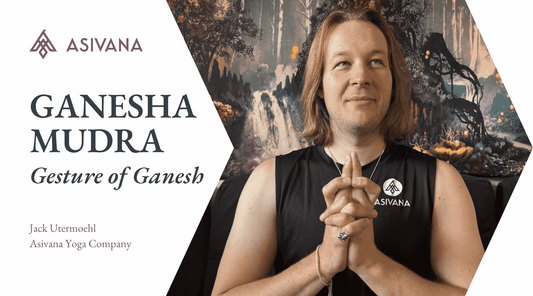




1 comment
I find this Mudra powerful,
Thank you so much for shearing